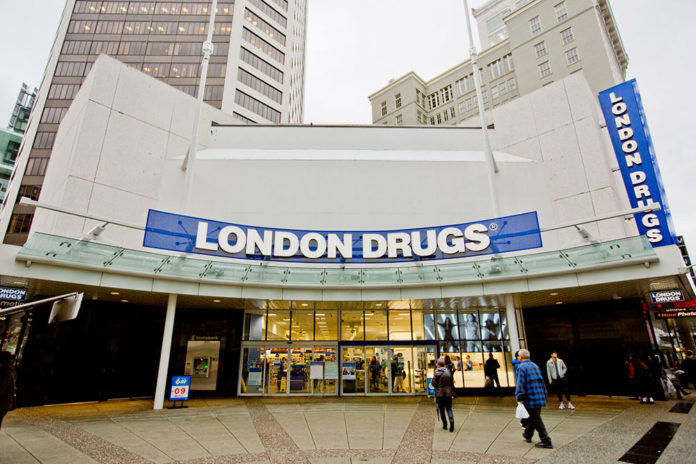In recent years, the United Kingdom has seen a significant increase in deaths linked to illicit drugs, most of which were caused by opioids. These deaths currently account for a larger number of fatalities than traffic accidents, according to a report published in December by the Advisory Council on the Misuse of Drugs, a public body of the U.K. government. The report claims that the recent increase in opioid-related deaths is caused by several factors, including changes in the drugs and lack of access to proper opioid addiction treatment.
Aiming to compare the impact of psychological support on illicit opioid abusers with the effects of opioid substitute treatment (OST), Timothy Millar, Ph.D., a researcher from the University of Manchester, conducted a study with 151,983 adults who were treated for opioid addiction from 2005 to 2009.
“The aim of OST is to help to stabilize users so they can begin to address the wide range of severe social, physical and mental health issues they experience,” he said. “The hope is that once they have achieved a degree of stability in their lives, they will be able to move into recovery. Whilst [recovery] is an aspiration that we would hope to offer to all, there are no pre-defined limits on the duration of OST. Treatment aims to help to keep people alive: there is no recovery from death.”
Millar gathered data previously collected by the English National Drug Treatment Monitoring System, which oversees all substance-related treatment and data from the Office for National Statistics, which includes all registered deaths in England and Wales. Numbers and statistics extracted from these databases were then linked for a 4-year observation period.
The analysis showed that the risk of drug-related poisonings was highest among patients who were not actively enrolled in any treatment, but people who only received psychological interventions were at much higher risk of overdoses or drug-related poisonings than those who received OST.
“As far as I am aware, this is the largest study of its type that has ever been undertaken anywhere in the world,” Millar said. “It is good that we can confirm, very strongly indeed, that OST is associated with a very substantial reduction in overdose mortality risk. However, we demonstrate that psychological support, when provided in isolation, is not associated with any reduction in risk at all. We also confirm the highly elevated risk during transitions out of treatment and that leaving treatment ‘drug-free’ does not appear to reduce the risk of experiencing a subsequent fatal overdose.”
Roughly 260,000 opioid users live in England, and about 60 percent of them receive some type of… (continue reading)

















